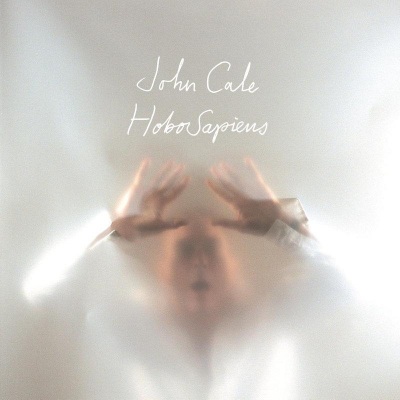
HoboSapiens
by Thom JurekJohn Cale's reentry into the world of pop music is a contentious and accessible one. This is the Welsh iconoclast at his most elegant, energetic, and innovative. HoboSapiens finds Cale using samples as the base of all his tracks and using musicians to fill in his ideas -- ideas that were firmly established melodically, lyrically, and texturally. There are a couple of dozen players here, including guitarists Joe Gore (Tom Waits, PJ Harvey) and Joel Mark, Eno (and his two daughters Darla and Irial), bassist Jeff Eyrich, a small choir of Italian voices, a choral quartet called A Tonal Choir, drummer Marco Giovino, and samples by a host of electro-wizards. But it's not the collaborations that make the recording remarkable, it's the songs. Cale's sense of whimsy is back with a vengeance here. Check the gloriously loopy hook in "Reading My Mind" (one can hear just how deep Cale's influence on David Byrne went), the acoustic rock and irony in "Things," the skittering kit drum and string loops in "Look Horizon," the ethereal keyboard and sample darkness of "Magritte," the dreamy pop expressionism of "Archimedes," and the silly, angular Euro-funk in "Bicycle," with Eno's daughters giggling away. Throughout the 12 tracks on HoboSapiens, Cale's outlook is fantastical, nearly bright, and full of mystery and history, with philosophy, religion, quirkily cultural artifacts, and wry humor all woven together with thoroughly modern post-rock and pop music that is seamless yet full of angles and multidimensional yet full of attitude and grace, with a slippery Euro sheen roughed up by rugged U.K. shagginess. This is easily the best and most provocative recording Cale has made since Honi Soit. It's ironic that the two bravest, most original pop records of 2003 were made by old men: this one and Robert Wyatt's Cuckooland.
